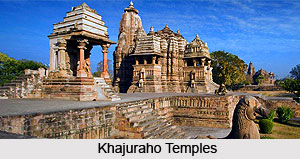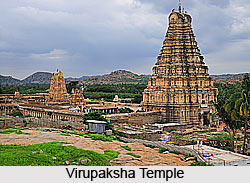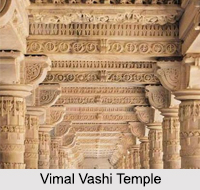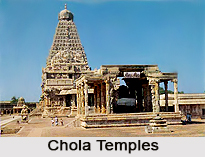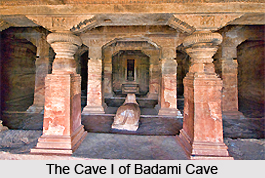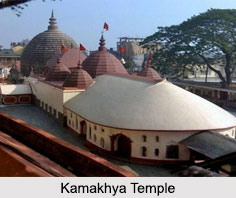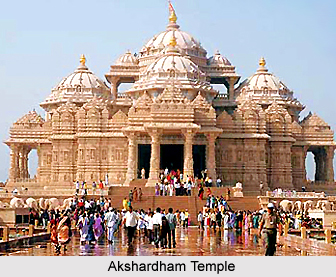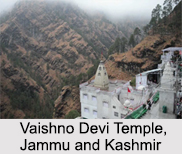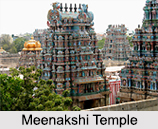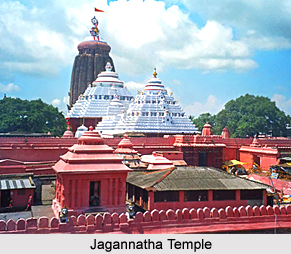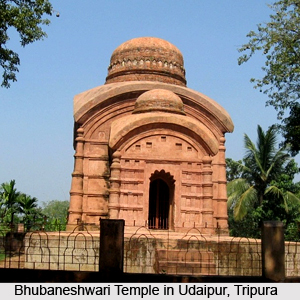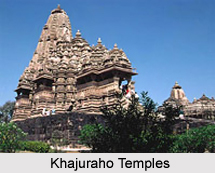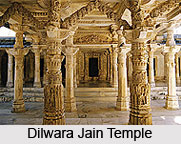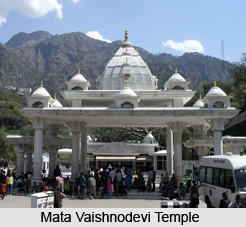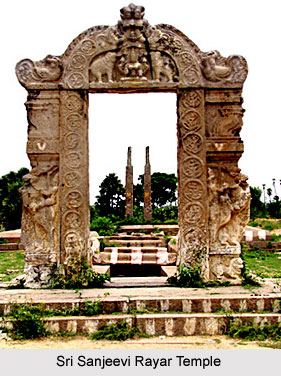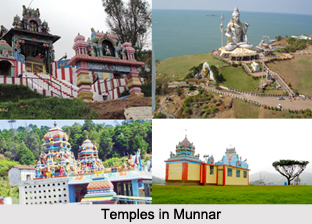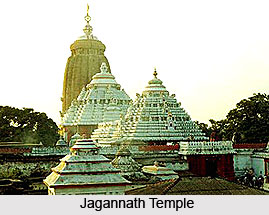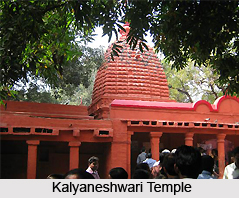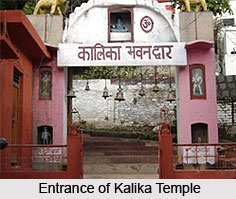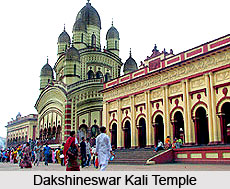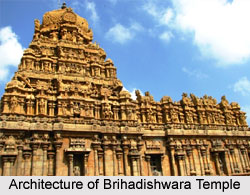Tasgaon Ganesh Temple is situated in the city of Tasgaon within the Sangli district in the Indian State of Maharashtra. The Ganesh Temple in Tasgaon is more than 225 years old. Tasgaon Ganesh Temple`s popularity, rather fame lies in the fact that the trunk of the idol is bent towards the right, instead of left (compared to the normal statues of Ganesha). This Ganesha is regarded as living idol, always there to bless the multitude with good luck, wisdom, prosperity and happiness.
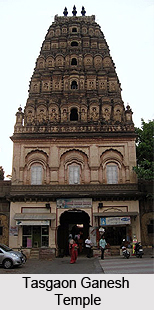 History of Tasgaon Ganesh Temple
History of Tasgaon Ganesh Temple
Parasuram Bhau Patwardhan was Sar-Senapati of Nanasaheb Peshwa, who had given this Tasgaon Sansthan. Raje Parashuram had fought more than 100 wars against the Tipu Sultan in South India. At that time he was impressed by the South Indian Temples and South Indian Culture of worship and constructed the Ganpati Temple.
Architecture of Tasgaon Ganesh Temple
The construction of a temple at Ganapati was begun in 1779 by Parasuram Bhau Patwardhan and finished in 1799 by his son Appa Patwardhan. Its architecture resembles South Indian temple construction. It consists of an image chamber and a hall (Mandapa) of plain but finely worked stone. Mandapa has a flat roof of carved Stone slabs. At the entrance of the hall there are 2 shrines of the bull Nandi and the man-eagle. The "Gopur" which is a 7 storey ancient construction serving as the entrance to the temple, of Ganesh temple is the tallest in Maharashtra as these Gopurs are commonly seen in South India. It measures 96 feet in its mighty height. The Gopur is a large and lofty pinnacle. Gopura is carved into images of gods and goddesses. The statue of Lord Ganesha is made of pure, solid gold, weighing 125 kilograms.
Festivals at Tasgaon Ganesh Temple
The grand celebration occurs in the city on next day of "Bhadrapat Chaturthi" when thousands of people gather to celebrate this auspicious occasion. The Ganesh festival is celebrated under the leadership of Shri Bhausaheb Patwardhan. This festival is cultural and religious event helping the people to unit together. The temple site is legendary for its "Rath Utsav", celebrated after Ganesh Chaturthi. A "Rath" of 30 feet height is used to decorate specially for this occasion. The Rath is pulled by the Ganpati devotees up to stream where they do immersion of Ganpati. This tradition is being continued since 1785.
